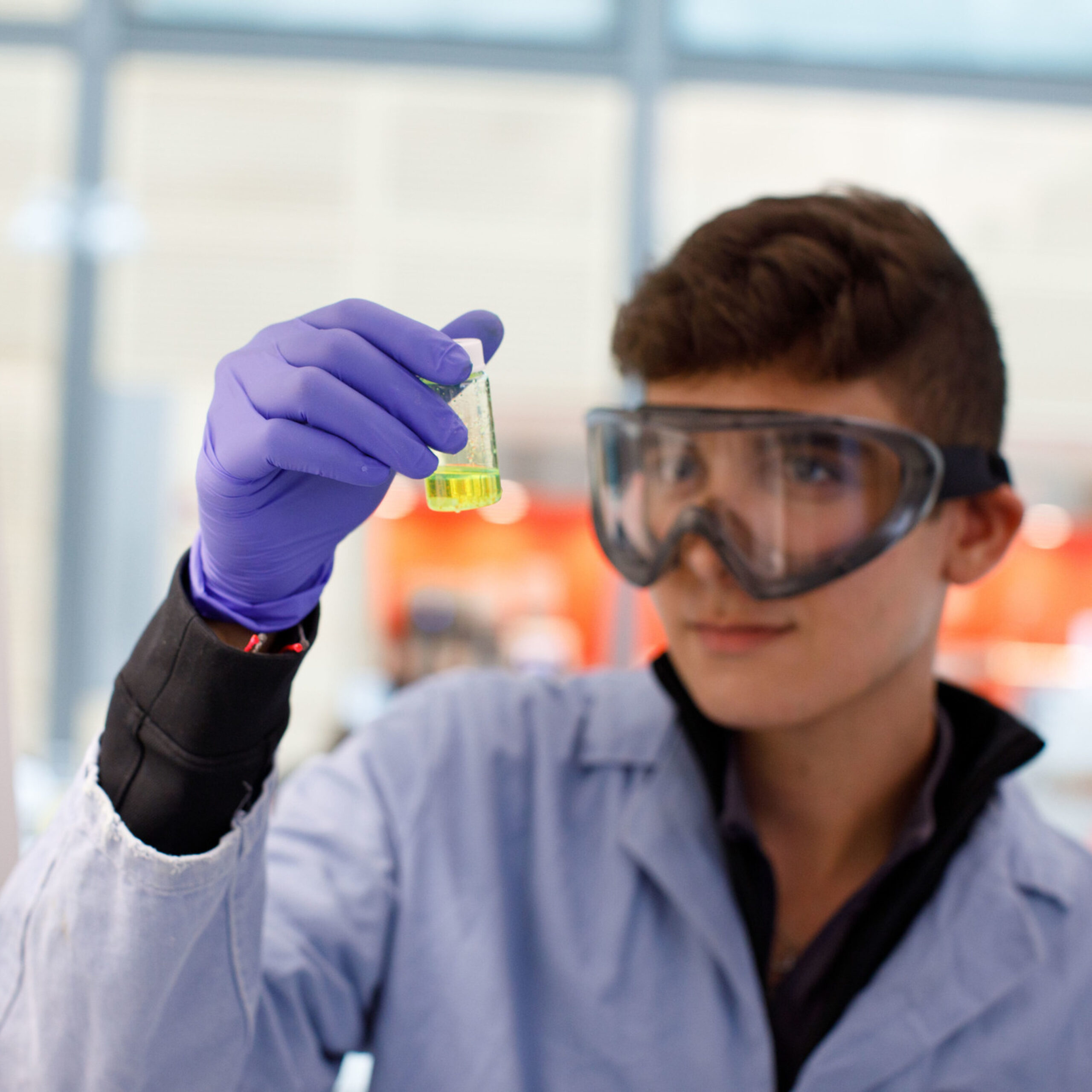Get excited for this hands-on research opportunity: incredible 2023 undergraduate projects and AY23-24 fall events

ReMatch+ is an incredible summer research program for first-year and second-year undergraduate students at Princeton. Launched in 2014, the program connects undergraduate students with dedicated, knowledgeable Princeton graduate students and postdoctoral fellows working across a diverse range of disciplines. Each year, ReMatch provides fellowship funding for joint summer research projects and mentorship between undergraduates and graduate students/postdoctoral fellows. Sign-ups for interested students and fall events are currently open; I encourage you to join the interest list to learn more about this incredible opportunity here. Here is a sample of some of the 2023 summer projects conducted by students with various interests and experiences to help you gain a sense of the breadth of opportunities provided by ReMatch.
Neuroscience with Jewel Merriman
Jewel Merriman studied the role of the cerebellum in cognitive aging and brain reserve under the mentorship of Fred Uquillas and Professor Jesse Gomez. She worked to identify subtypes of cerebellum areas responsible for specific cognitive domains using cognitive flexibility, reading decoding, and delayed memory recall tasks. She learned to apply lesser regression statistical analysis to amplify the associations between the most related variables. By calculating the DCCS score by age and cerebellum cognitive reserve signature, she shed light on the function of the cognitive reserve. She also analyzed how socioeconomic factors and household income disparities have a significant effect on cognitive performance. She was able to explore machine learning paradigms such as support vector machine classification to better understand these relationships.
Chemistry with Zhiwen Wu
Zhiwen Wu synthesized new biphasic transition metal chalcogenides for energy storage to make more sustainable batteries under the mentorship of Joseph W. Stiles and Professor Leslie Schoop. He chose this research direction because he was concerned that modern lithium batteries were unethically sourced and environmentally unfriendly. Therefore, he helped create a possible solution using sodium iron sulfite for batteries. He conducted statistical analysis and wet laboratory experiments to better understand the chemical properties of the sodium iron sulfite. This will contribute to more sustainable and efficient batteries for our future.
Music with Micah Petit-Bois
Micah Petit-Bois led a research project on the role of music in guiding attention in multimedia. She developed music tracks utilizing various patterns of repetition and motion. By applying her skills in statistical analysis and programming, she created software in Python to scrape data from the web for her analysis. She also learned important insights on audio-visual interactions while conducting her literature review to craft research questions on rhythm and music.
Environmental Engineering with Keith Matanachai
Keith Matanachai led a research project to promote the upcycling of plastic waste using zeolite catalysts under the guidance of Jun Zhi Tan and Professor Michele L. Sarazen. He was motivated to study this topic because significant plastic waste has contributed to long-term environmental pollution. He improved a method of catalytic hydrocracking to help achieve plastic upcycling by using a catalyst called zeolites to break down the waste into smaller molecules. During his research project, he learned methodologies of infrared spectroscopy for hydro catalytic cracking experiments. He conducted detailed statistical analysis to visualize his findings that the solid residue from this reaction is composed of hydrocarbons and supports the reaction. By upcycling plastic waste, he aims to generate valuable products such as fuels and various chemicals.
The ReMatch program is a hands-on experience for first-year and second-year undergraduate students to explore different research fields and methodologies while building critical research skills and subject expertise. The personalized mentorship from graduate students and postdoctoral fellows offers undergraduate students an insightful perspective into a career in academic research. You can sign up to speak with potential mentors and learn about their research endeavors at the Meals for Mentoring events on November 14th and November 15th. More information about the ReMatch program can be found here.
— Yubi Mamiya, Engineering Correspondent

